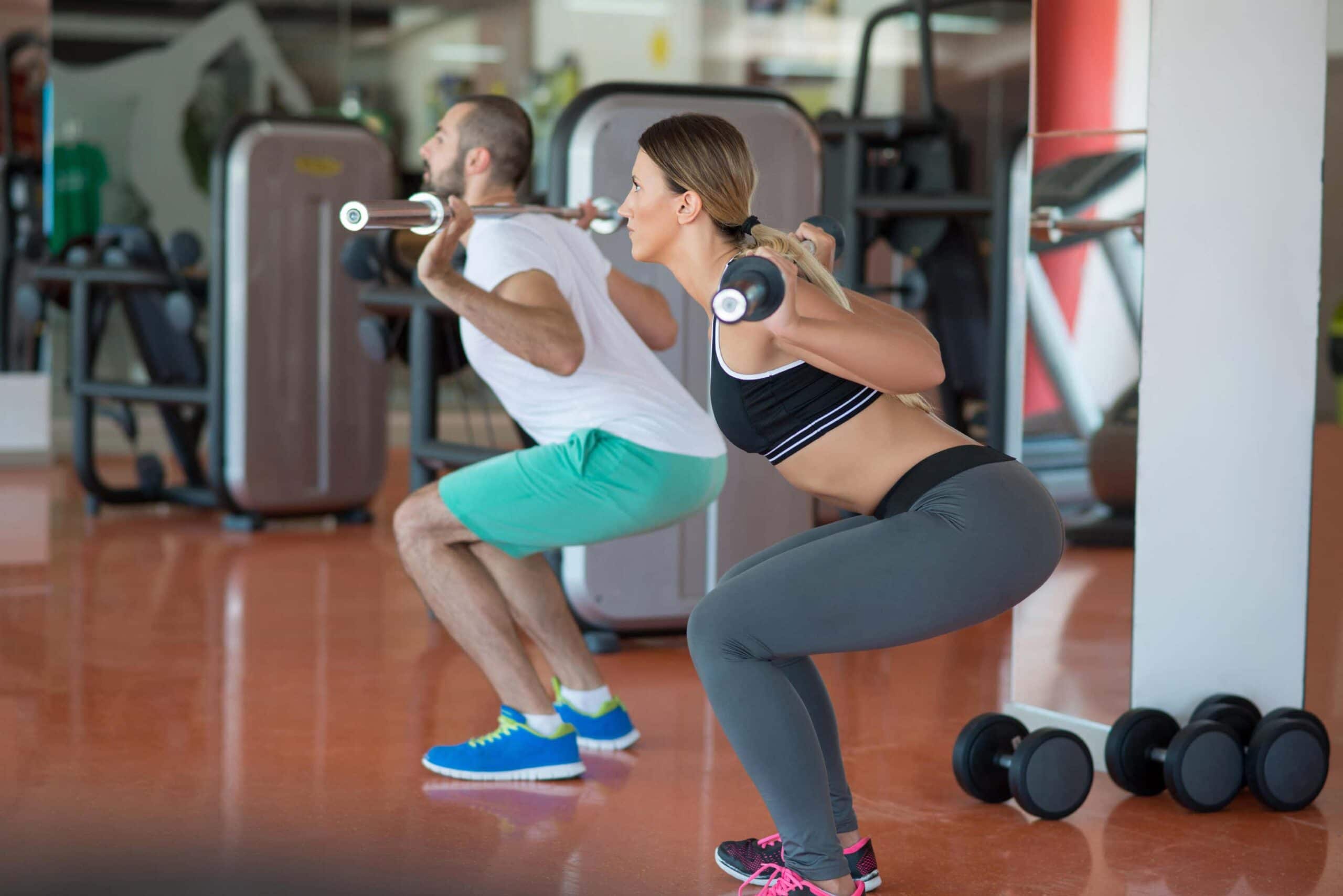In the world of fitness and health, consistency is key. Dr. Paul van der Westhuizen, part-time endurance athlete and Men’s Health Lead at Medichecks, emphasizes the importance of regular physical activity not only for physical health but also for mental well-being.
With his expert advice, he offers five practical tips to help you revitalize your fitness routine and embark on a journey to a healthier lifestyle.
“Exercise not only reduces the risk of chronic illnesses such as type 2 diabetes and heart disease but also plays a crucial role in managing stress, improving mood, and boosting longevity,” says Dr. Paul.
“To stay healthy, adults should try to be active every day and aim to do at least 150 minutes of physical activity over a week.”
Here are his top recommendations for getting your fitness back on track:

1. Make SMART Goals
“SMART goals aren’t just related to business or school. Having a clear set of achievable goals is important when starting a new fitness regime.
Specific – “Be clear on your goals from the outset. Are you aiming to complete a fitness event, get faster, or lift more?
Measurable – “You could track and measure the number of reps, distance, or time. Medichecks’ sports performance range is a good way to see what’s going on inside your body, or you can use other measurements like your BMI.
Achievable – “Ensuring that your goal will be achievable can mean that you don’t become disheartened when training. There’s no point setting a goal to run 5k if you can’t walk to the end of the road. Start small and work your way up.
Relevant – “An example of an irrelevant goal in fitness would be: ‘I want to run 2k’ when your goal is to gain muscle and not cardio.
Timely – “Setting a time limit on your goal can improve motivation and help you work harder to achieve your goal.
If your goals are not SMART, they can leave you feeling overwhelmed and more likely to fail. If you’re struggling with your goals, that’s okay too.
Work and home life can often get in the way but remember it is better to do something instead of nothing.
2. Track your progress
“Tracking your progress through personal bests and measurements can help you see improvements that you may not see through simply weighing yourself.
Ways of doing this include measuring your personal bests, tracking how many reps you achieve, and measuring your resting heart rate.
You could also take body measurements and test your biomarkers with blood tests.
“Seeing your progress can leave you with a sense of achievement that leads to an increase in motivation. And knowing that you are heading in the right direction can encourage you to keep going.
3. Find a buddy
“Research suggests that exercising with another or in a group increases the intensity and duration of our workouts.
You can set goals together (we’ll go for a run every Tuesday or hit the gym twice a week).
Making a plan, and knowing someone else is relying on you, can make you feel more accountable to keep up your fitness routine.
“If you want to take your fitness to another level, coaches and personal trainers are available both online and face-to-face – they can help set plans and keep you accountable, helping to improve your fitness and reach your goals.
4. Follow inspirational athletes
“We all know social media is a huge influencer and following fitness accounts can be a powerful motivator to keep up healthy habits. Following people already in that field can help to keep you inspired.
“Be mindful not to compare yourself to others, though, and remember that most fitness influencers spend their entire working lives dedicated to their craft.
Aiming for a similar body type may be unrealistic and leave you feeling discouraged. However, you may be able to pick up some helpful workout techniques.
5. Know your inner health
“Regular exercise has many benefits for both the outside and inside of the body. Often, we measure ourselves on the external results, but have you ever considered your results internally?
“Blood testing can help you get a clear picture of your health before you embark on a new fitness regime and then again a few months down the line.
Seeing improvements to markers like cholesterol and blood sugar can encourage you to adopt these changes long-term as part of a healthy lifestyle – and not as just a one-off fitness kick.
“If you take anything away from this, it’s that consistency is key! Finding something that benefits your health but also brings you enjoyment will help you stay on track and look after your body.”
